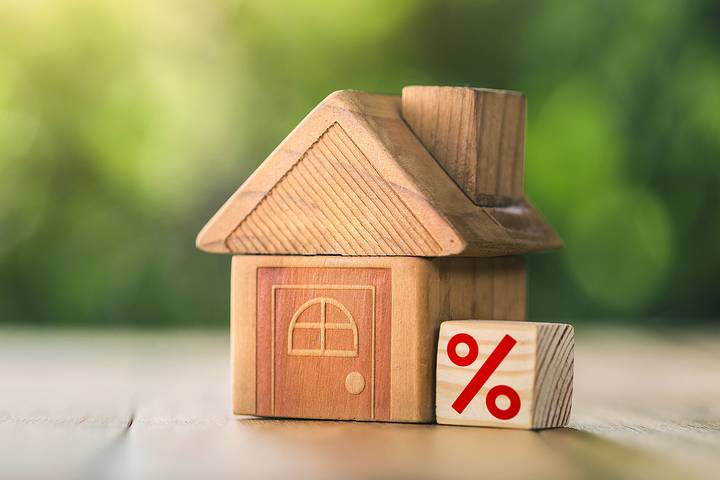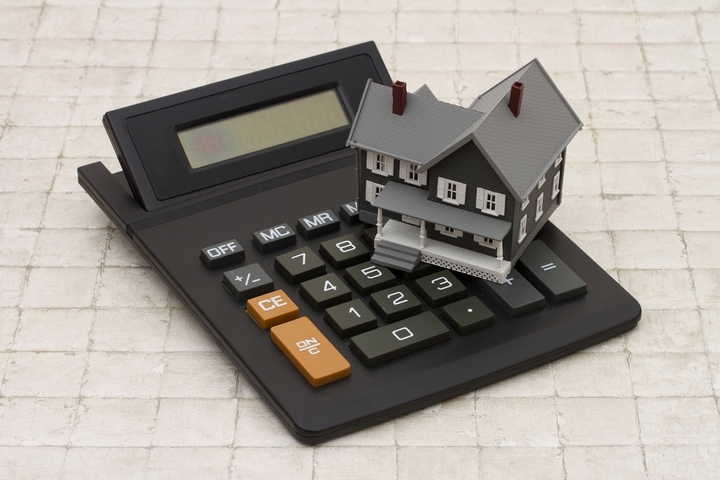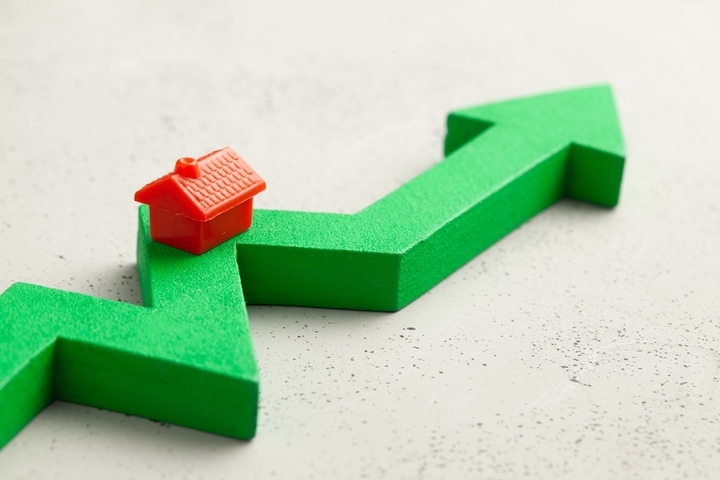
How to Buy Property With Delinquent Taxes
Unpaid property taxes may result in a home having a tax lien placed on it. After a certain time, the home can be sold in a tax sale to recoup delinquent taxes. It’s a great deal for property investors who can sometimes buy this real estate for as little as 25% of a home’s value. It’s great for the government as they can recoup the delinquent taxes and fees owed.
A tax-delinquent property is a property wherein the homeowner has not paid their property taxes over an extended period. If you buy a tax-delinquent property, your offer will cover the cost of any taxes owed. You won’t need to worry about any prior tax liens, penalties, or fees issued by the government on the home.
Buying a tax-sale property, though, comes with risk. Here is how to buy a property with delinquent taxes.
What Are Tax Delinquent Properties?

A tax sale can happen one of two ways, by public auction or public tender. Nearly all tax-delinquent properties are sold by public tender. This is when listings are posted, individuals submit their offers by mail, and the highest bidder gets the property. Find delinquent property listings, often viewable online, with very limited information.
Anyone can bid and buy tax-delinquent properties if they have the capital available. If you’re the highest bidder, you must have the money ready in cash, certified cheque, or similar means. These Ontario tax sales transactions are done quickly. A municipality can move on to the next highest bidder if you don’t have the funds available.
Bid on a Tax-Delinquent Property

To submit a bid on a tax-delinquent property, the municipality will give specific instructions that must be followed to a tee. Fill in the right forms and get them in by the deadline. Should you miss the deadline or if your forms are incomplete, a municipality will disregard your offer and move on to the next person.
You buy a tax-delinquent property sight unseen. There is no tour of the home. You probably won’t have any photos of what’s inside, either. What you can do, though, is a title search to see if other liens exist. You can observe the property from the road and at least see the outside of it.
Depending on what you want from a tax sale – i.e. a rental property, an investment property, a primary home, etc. – you may also look into home values for the region, how much similar properties are worth and determine how likely this home is going to be what you expect.
Mortgage on a Delinquent Tax Home

When the tax deed is registered on a tax-delinquent property, all mortgages are deleted from the title. The only mortgages that are not removed are Crown Mortgages, i.e. when the Crown decides to seize property and sell it to recover what is owed to them by the previous homeowner.
As a buyer, you do not need to worry about complications that may arise from someone else having a mortgage on a property you now own.
While it’s a great real estate investment vehicle, buying a property without seeing it means you won’t know what you’re buying. There could be electrical, plumbing, or water problems. Environmental damage, such as an oil spill, would be your responsibility to clean up. Structural damage you won’t know about until after you’ve purchased it.
You may also have trouble evicting previous tenants if they refuse to leave, or there could be other liens on the property, which will now be your responsibility.
How to Profit from Buying a Tax-Delinquent Property

There are lots of ways to gain profit from buying tax-delinquent properties. You can renovate and resell, which is a popular strategy. It can be converted into a rental or vacation home, depending on location. Some buyers acquire a delinquent tax property, sit on it for an extended period expecting to one day renovate but never do, and then resell it, hopefully with profits derived from an increase in the assessed value.
Profiting from a tax sale property is about what you intend to use it for, what type of property you’re looking for, and the fundamental key elements you’re using to assume its value.
While you can’t eliminate risk, the research part of buying tax-sale properties is so important. As an investor, you must also be conservative with your financial risk and ensure you aren’t bidding higher than you can afford. If some additional expenses or problems require funds you don’t have, or if you bid blindly without research, you could be saddled with a property worth nothing to you.
